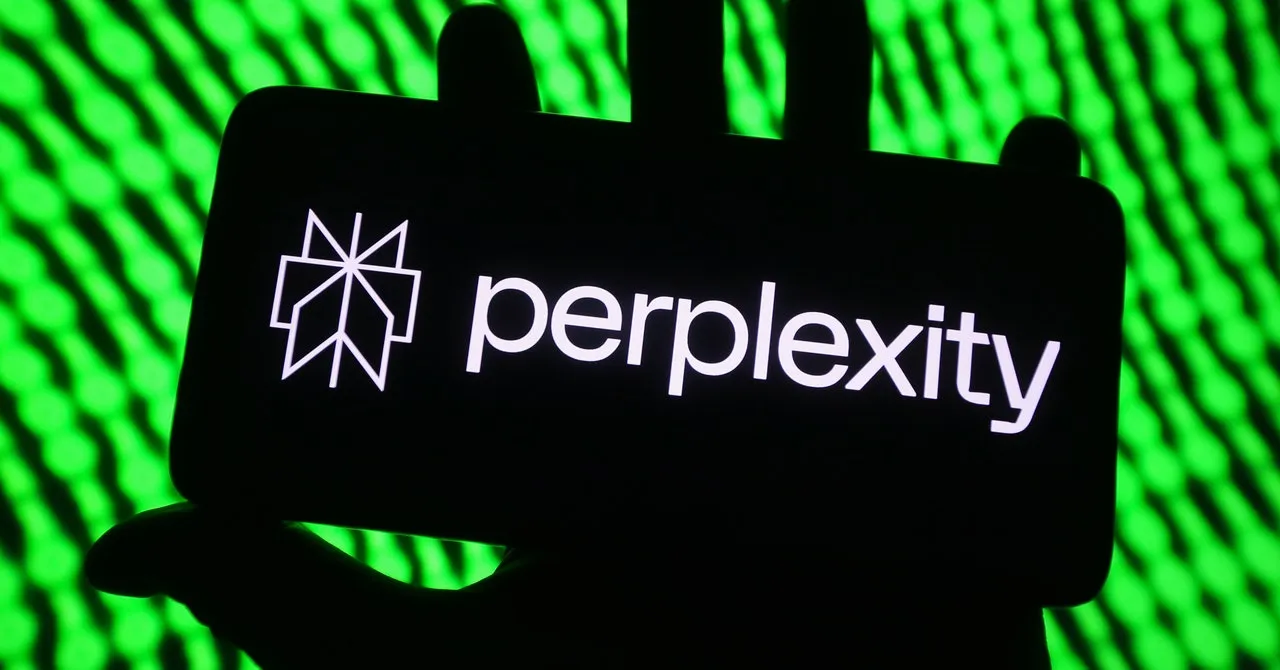Intellectual Property Under Attack: The Perplexity Lawsuit and AI's Role

Background on the Lawsuit
A new lawsuit against Perplexity raises profound questions about intellectual property in the era of artificial intelligence.
The Core Allegations
Dow Jones and the New York Post claim that Perplexity is violating copyright and trademark laws. They argue that the AI system produces inaccurate news summaries, blending fabricated content with genuine reporting. This is described as trademark dilution, misleading readers, and devaluing the news organizations' trademarks.
The Concept of Hallucinations in AI
In the AI context, hallucination refers to a situation where generative models create false information. The plaintiffs cite numerous instances where Perplexity generated imaginary content that was presented as fact, causing confusion among readers.
Market Implications
- The lawsuit could lead to significant changes in tech policy regarding the responsibilities of AI companies.
- Should the plaintiffs win, it may compel AI firms to enhance their content verification processes significantly.
Industry Reactions
News Corp’s CEO Robert Thomson criticized Perplexity's practices, emphasizing the need for integrity in AI development. The implications of this lawsuit stretch beyond Perplexity, raising questions about broader ethical standards in AI.
This article was prepared using information from open sources in accordance with the principles of Ethical Policy. The editorial team is not responsible for absolute accuracy, as it relies on data from the sources referenced.